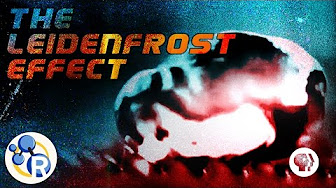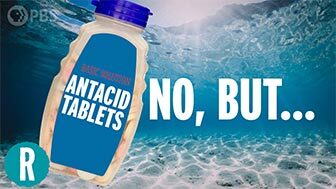Some cheeses, like Epoisses, are so legendarily stinky they’re supposedly banned on public transit in France. It’s the chemistry of washed-rind cheeses that makes them such a smelly food.
Sources:
- What is a ‘washed-rind’ cheese? And why do they smell?
- What Stinky Cheese Tells Us About the Science of Disgust
- Why Do Some Cheeses Smell Bad, But Taste Good?
- A Brief Guide to Great Stinky Cheeses
- Scientists Uncover a Surprising World of Microbes in Cheese Rind
- Cheese Rind Communities Provide Tractable Systems for In Situ and In Vitro Studies of Microbial Diversity
- The Extremely Gross Reason Why Limburger Cheese Attracts Mosquitoes
- The Lancet
- digesting the science of fermented foods
- Identification of a Novel Brevibacterium Species Isolated from Humans and Description of Brevibacterium sanguinis sp. nov.
- Epoisses and Public Transportation
- Omics-Based Insights into Flavor Development and Microbial Succession within Surface-Ripened Cheese
- Fatty Acid Production from Amino Acids and α-Keto Acids by Brevibacterium linens BL2
- What is Marc De Bourgogne?
- The Chemistry of Body Odours – Sweat, Halitosis, Flatulence & Cheesy Feet
- Production of volatile compounds by cheese-ripening yeasts: requirement for a methanethiol donor for S-methyl thioacetate synthesis by Kluyveromyces lactis.
- Sulfur metabolism in bacteria associated with cheese








